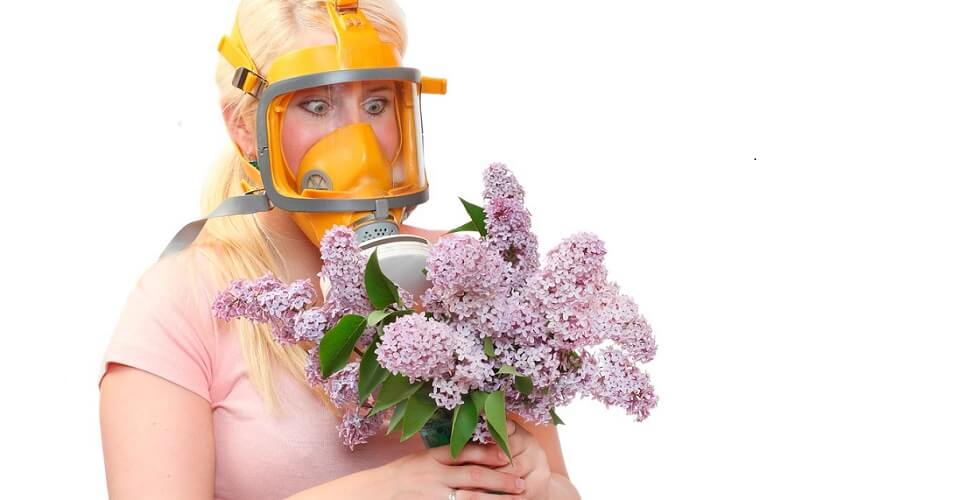
Allergic rhinitis. Alternative treatment and recommendations.

If we are talking specifically about plant pollen allergy, then the most popular and effective folk remedies are gargling procedures (throat and nasopharynx), which help reduce the amount of mucus. Often, a warm saline solution (half a teaspoon in a glass of water) or just warm boiled water is enough. The solution is injected into the nose using a disposable syringe (with the needle removed, of course) a special teapot (“neti”), or a soft bottle. It is very important to keep the containers clean and boil them regularly.
Another way to relieve the symptoms of allergic rhinitis is inhalation. No special medical devices and apparatus are needed here. It is enough to pour boiling water into a bowl, bend over the container and cover your head with a towel. Breathe in the steam deeply for five to ten minutes, but do not bend over too low or you may burn yourself. Did you feel a positive effect after the first procedures? – Then you should think about buying a steam inhaler, in which you can add herbal infusions and essential oils (the best option is eucalyptus).
Quite safe remedies for allergies to blooms are herbal preparations that can be brewed and drunk hot. They not only help to cope with the symptoms of allergies, but are generally useful for the body: they soften the respiratory tract, relieve spasms, and have an anti-inflammatory and calming effect. Never buy fees “off-hand” – only at the pharmacy.
A decoction of viburnum bark helps to cope with allergic rhinitis: pour boiling water over it (two tablespoons per glass of water), heat it on fire for thirty minutes, remove it from the stove and leave for another thirty minutes – to cool and brew. Strain, dilute with boiled water (if the taste is too specific), and drink half a glass twice a day after meals. Open the next page to read how to relieve itchy allergies at home.







